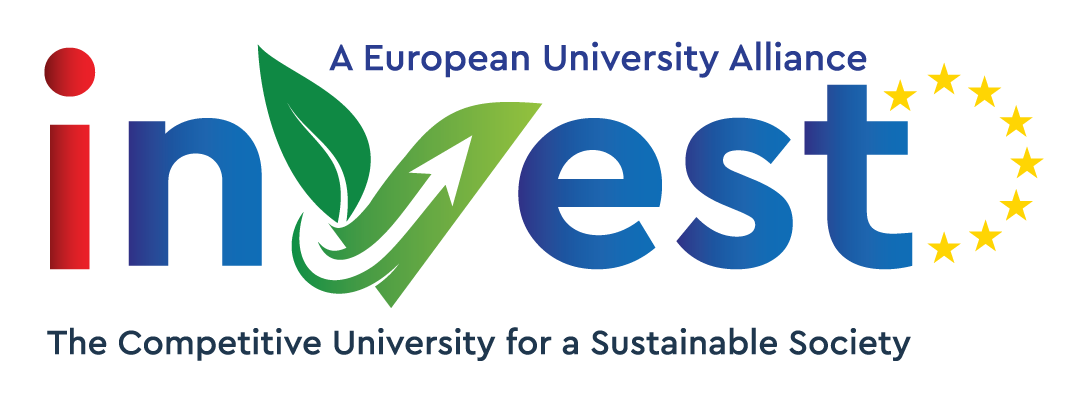WORK WITH REFUGEES AND MINORITY GROUPS
Work with refugees and minority groups
Since 2015, Europe has experienced an influx of refugees, many of whom aim to commence or continue their higher education studies in Europe. European countries are generally favourable to the inclusion of refugees in their universities, however the policies and processes currently in place are not adequate to facilitate access. The challenges that refugees face when accessing universities in Europe often relate to the level of language required, administrative status, tuition fees, and recognition of prior learning.
Recognition of prior learning is a major hurdle for refugees because they often arrive without their education documents, and their prior education systems are different from the European ones. This training will focus on policies and processes surrounding recognition of prior learning for refugees in European universities and calls for a better coordination of the numerous initiatives currently in place.
RPL is one of the main barriers preventing refugees from successfully transitioning into university in Europe. Along with language proficiency and administrative status, RPL is a necessary process for admission into a course, as students must demonstrate that they have attained a level of education sufficient to pursue their studies at university.
Two main issues arise when refugees go through the RPL process. Firstly, many refugees fled their country hastily and did not take their education documents with them, so they are unable to provide a proof of qualifications. This creates issues for European universities, as many higher education systems do not have adequate processes in place to manage such cases and are therefore unable to recognise refugees’ prior learning, making the admission process complicated.
Secondly, even when they can provide supporting documentation, European institutions do not readily accept these, so refugees must often go through complex administrative processes to have their prior qualifications recognised. Universities generally compare the qualifications obtained in a different country to the qualifications they deliver in their own system so as to ensure that they are equivalent and can grant access to a course. The overall complexity and length of RPL and admission processes coupled with the scarcity of information and administrative support for refugees contribute to the lack of university accessibility.
The goal of this training will be to enable non-academic staff (mainly from Students’operational and support offices) to learn more about the RPL process especially when the formal documentation is lacking to proof existing level of knowledge, skills and competences.
Target groups: INVEST alliance higher education organisations, non-academic staff
Registration link:
Registration deadline:
Schedule:
• Recognition of prior learning (RPL) – Online live training (29.03.2023, 11:00-12:00 EET)
• Identification of needs - Mentoring - guidance session (29.03.2023 12:00-12:30 EET)
• Learning adaptaton and learning pathways – work week with coaching (starting from 30.03.2023
• Teaching in diverse classroom - principles, methods, practices - work week with coaching (starting introductory session at 30.03.2023 11-12:00 EET)
Responsible person: Andrean Lazarov (alazarov@uard.bg)
More information: Additional resources will be provided to the participants on Moodle platform
Trainer:
Andrean Lazarov
• Master degree in Pedagogical sciences, NAMDFA, Plovdiv 
• National Consultant in Vocational Education and Training and ECVET
• Creative director of Private Business School “The Talents“
• Project expert in the European University Alliance "INVEST“ on behalf of UARD team
• Inclusive educator with over 18 years of experience
• Since 2008 he has been developing and implementing more than 60 European projects in the field of inclusive education, career support, entrepreneurship and vocational field.
